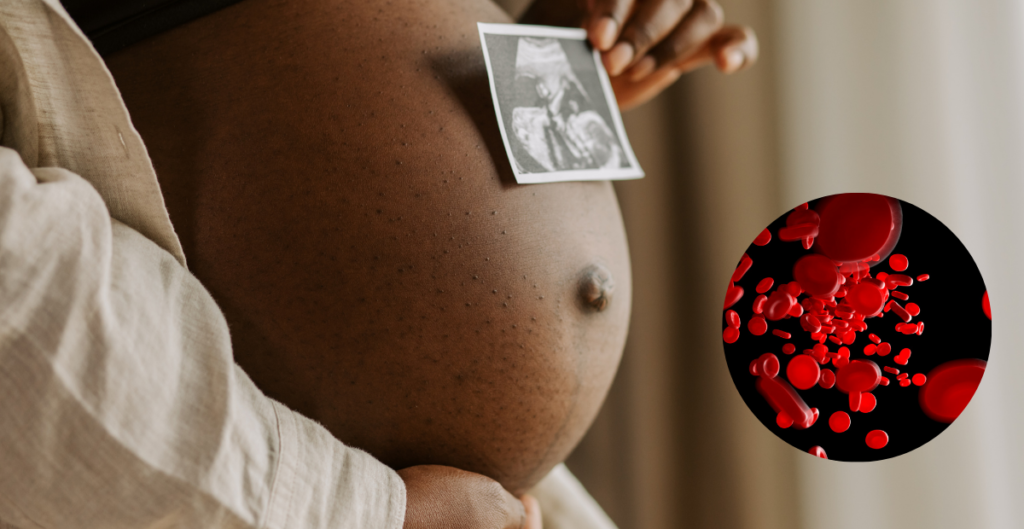Australian researchers from Walter and Eliza Hall Institute of Medical Research (WEHI) have developed a novel intravenous iron (ferric carboxymaltose, FCM) supplementation method for pregnant women suffering from iron deficiency anaemia in the third trimester (around 27-35 weeks of gestation) and the result is nothing short of remarkable. According to the study published in Nature Medicine, a single iron infusion administered in the third trimester can significantly boost iron stores in pregnant women, reducing anaemia prevalence and outperforming the efficacy of oral iron tablets. This breakthrough could potentially improve maternal care and birth outcomes worldwide, benefitting up to 37% of pregnant women globally who suffer from anaemia.
Anaemia, primarily caused by iron deficiency, poses significant risks to both mother and baby, increasing the likelihood of preterm delivery, low birth weight, and postpartum depression. The study, conducted in collaboration with the Training Research Unit of Excellence and Kamuzu University of Health Sciences (Malawi), randomised 590 pregnant women with moderate to severe anaemia into two groups. One group received a single intravenous FCM dose (20 mg/kg up to 1,000 mg), while the other group was administered the standard oral iron treatment (60 mg elemental iron, twice daily for 90 days).
The results were striking: women who received the intravenous FCM had a lower anaemia prevalence (46.7%) compared to those receiving oral iron tablets (62.7%) at the time of delivery. Moreover, the iron infusion was found to protect a mother’s iron stores even postpartum.
The World Health Organization (WHO) currently advises that pregnant women take oral iron tablets twice daily as the primary means of preventing maternal anemia. However, researchers aim to present their findings to the WHO to help shape future global antenatal care guidelines.
In light of this groundbreaking study, it is crucial to reevaluate the standard treatment protocols for anemia during pregnancy. We must ensure that more women have access to the most effective iron treatments when they need them most. This trial has shown that intravenous iron can be safely administered in basic health centers in remote areas of Malawi. Consequently, it is evident that there is no healthcare setting where IV iron cannot be effectively and safely provided.
The findings of the study carry significant implications, presenting a potential solution to the pervasive issue of anemia during pregnancy. As the global healthcare community strives to enhance maternal and neonatal outcomes, this innovative approach could play a crucial role in revolutionizing pregnancy care on a global scale.

